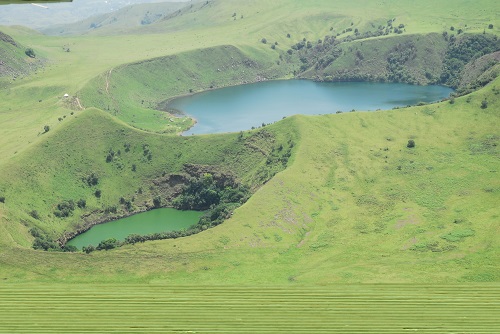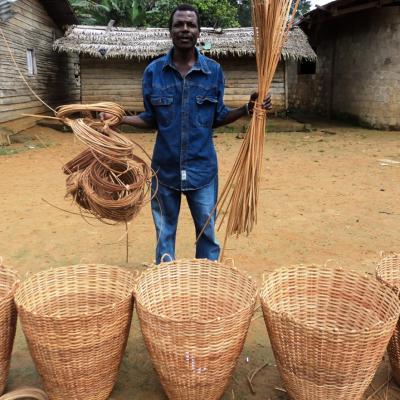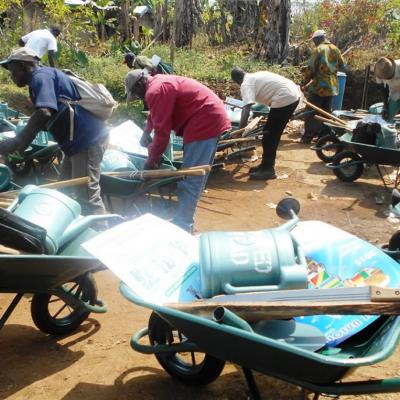Tourism can play an important role in achieving the environmental policy objectives for the sustainable management of natural resources by providing alternative income to indigenous people and local communities (IPLCs). Within the framework of the Sida-funded project titled ‘Leading the Change Project: Civil Society, Rights and Environment’, CAD and WWF-Cameroon facilitated the development of a gender-sensitive Community-Based Sustainable Tourism (CBST) strategy for the Bakossi-Banyang Mbo landscape, the first of its kind in Cameroon. This strategy gives IPLCs the opportunity for their active involvement and participation in the management of natural and cultural resources, and for them to claim ownership, control and maximize benefits. The development of the CBST strategy was a response to limited data on tourism activities, inadequate mapping of the various natural, socio-economic and cultural resources and their values; absence of appropriate tourism infrastructure, poor communication and road networks and the insignificant impact of tourism on the livelihoods of IPLCs and on the conservation of natural resources. Over 162 (131 men and 31 women) IPLCs, arts/crafts men and women from 21 villages have been sensitised on the community-based sustainable tourism and their roles in its development and promotion.
Contact us
Community Action for Development (CAD) Cameroon (CM) is based in Bangem, Kupe Muanenguba Division, South West Region of Cameroon.
Tel: +237 666 376 052 | +237 677313 120
Email: info@cadcm.org



